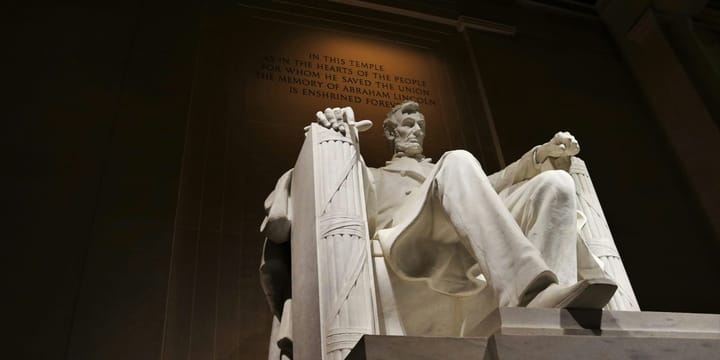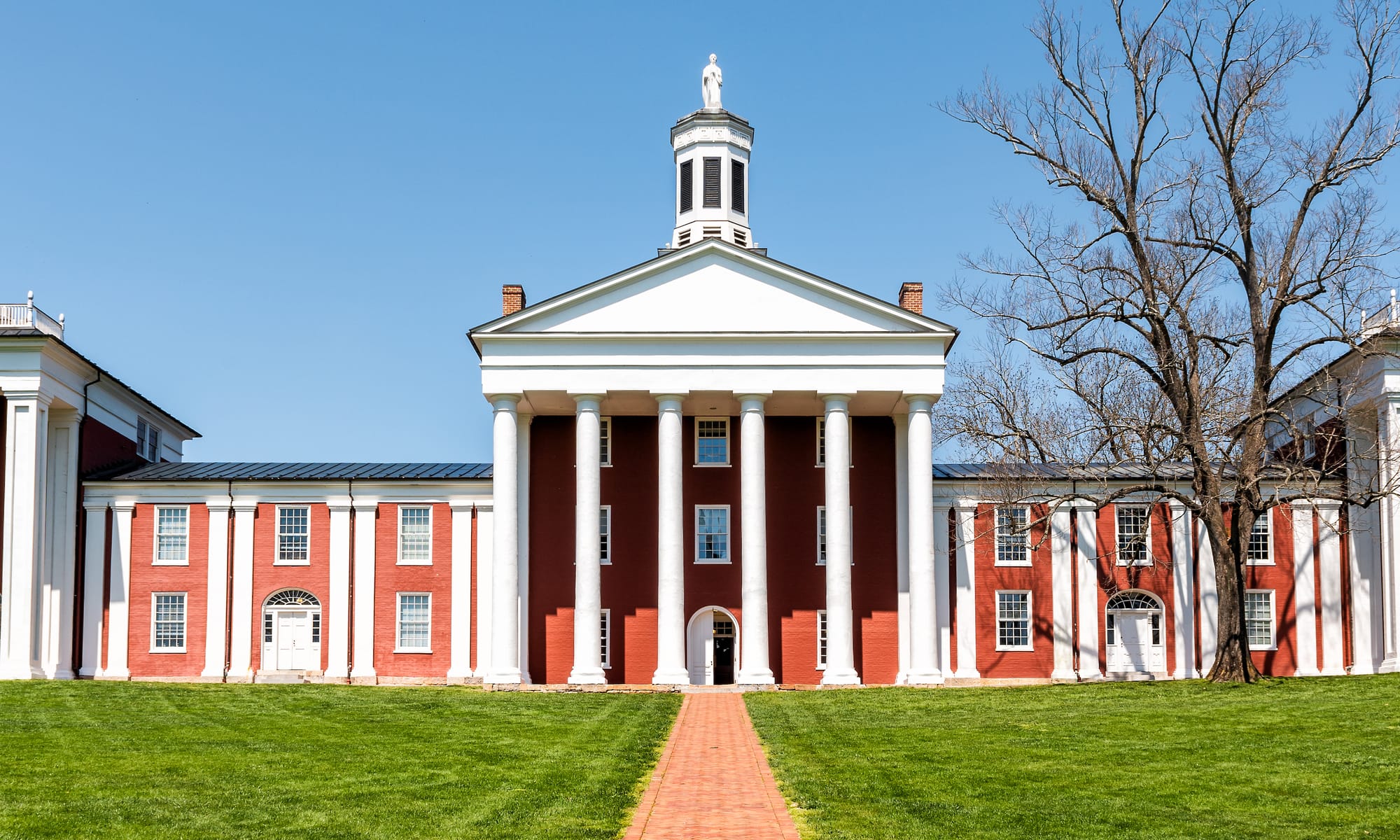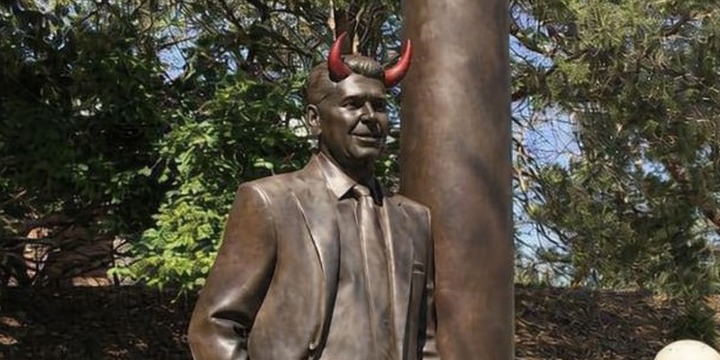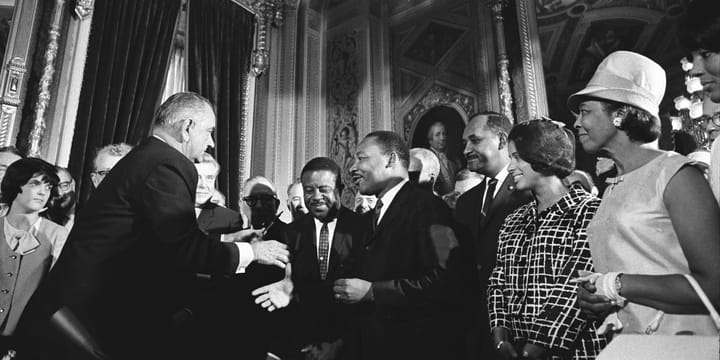Civil rights under fire, again
The Supreme Court's war on voting rights how Louisiana v. Callais could End American democracy as we know it.

It is happening here, make no mistake.
From the New York Times (gift link): one of our favorite columnists, Jamelle Bouie (@jmellebouie.net.), columnists breaks it down
The Supreme Court recently signaled its likely intent The Supreme Court recently signaled its likely intent to deliver a devastating blow to what remains of the Voting Rights Act of 1965.
The case, Louisiana v. Callais, centers on Louisiana's congressional redistricting, but its implications stretch far beyond state lines—potentially dismantling the legal foundation that made multiracial democracy possible in America.
This latest challenge represents more than just another legal dispute over district lines. It could mark the final chapter in a decades-long campaign to strip away voting protections. The ones thant atcually maded america an Amerca for all.
Louisiana case writ wide
Louisiana's demographic reality tells a familiar Southern story. Even though mearly one-third of residents are Black, state lawmakers drew just one congressional district where Black voters could realistically elect their preferred candidate (in 2022). This is textbook vote dilution—the systematic weakening of minority political power through strategic district drawing.
When civil rights groups sued under Section 2 of the Voting Rights Act, a federal appeals court sided with them. It ordered Louisiana to create a second majority-Black district. The state complied, but then faced a counter-lawsuit from "non-African American" voters claiming the new map constituted illegal racial gerrymandering.
The Supreme Court's decision to hear this case comes with ominous instructions: the parties must address "whether the state's intentional creation of a second majority-minority congressional district violates the 14th or 15th Amendments." This framing reveals the Court's likely conclusion—that remedying racial discrimination somehow constitutes racial discrimination itself.
And we all know where the current court majority stands—with fascism and bigotry.
Roberts is the nemesis
Chief Justice John Roberts has spent decades targeting the Voting Rights Act, dating back to his days as a young lawyer in the Reagan administration. Having already gutted the Act's preclearance provision in 2013's Shelby County v. Holder, Roberts appears positioned to finish the job by rendering Section 2—and thus the entire law—meaningless.
Under the current Court's vision of a "colorblind" Constitution, any consideration of race in drawing districts becomes suspect, even when that consideration aims to remedy documented discrimination. This approach ignores both historical context and present-day reality, treating efforts to ensure fair representation as equivalent to the very discrimination they seek to address.
Chief asshole in other words. he only care for white elites.
American democracy the fourth and maybe final try
To understand what's at stake, we must recognize that American democracy—defined as a pluralistic, multiracial society of political equals—truly began with the Voting Rights Act of 1965, not with the Constitution of 1787. As President Lyndon Johnson observed when signing the Act, voting rights represent "the basic right without which all others are meaningless." The fourth version of our society.
The 15th Amendment had promised that voting rights couldn't be denied "on account of race, color, or previous condition of servitude," but for nearly a century, that promise remained hollow. Jim Crow laws, literacy tests, poll taxes, and outright violence kept millions of Black Americans from the ballot box.
The Voting Rights Act demolished this architecture of disenfranchisement. Its effects were immediate and dramatic: Black voter turnout in the former Confederacy jumped from 25% in 1960 to over 60% in 1968. Voter registration in states like Alabama, Georgia, and Mississippi doubled or tripled within two years.
We've had four iterations
This is where Bouie is brilliant.
To understand what's at stake, we must recognize that American democracy—defined as a pluralistic, multiracial society of political equals—truly began with the Voting Rights Act of 1965, not with the Constitution of 1787. As President Lyndon Johnson observed when signing the Act, voting rights represent "the basic right without which all others are meaningless."
American democracy—defined as a pluralistic, multiracial society of political equals—is at stake. It truly began with the Voting Rights Act of 1965, not with the Constitution of 1787. As President Lyndon Johnson observed when signing the Act, voting rights represent "the basic right without which all others are meaningless."
The Voting Rights Act demolished this architecture of disenfranchisement. Its effects were immediate and dramatic: Black voter turnout in the former Confederacy jumped from 25% in 1960 to over 60% in 1968. Voter registration in states like Alabama, Georgia, and Mississippi doubled or tripled within two years.
This is what they want to kill.
Louisiana v. Callais threatens to end this fourth republic by gutting the legal mechanisms that made multiracial democracy possible. If the Supreme Court rules that creating majority-minority districts violates the Constitution, it will effectively eliminate the primary tool for ensuring fair representation in a racially polarized society.
The timing is no coincidence. This assault on voting rights aligns with broader attacks on immigration, civil rights laws, higher education, and pluralistic society itself—the fascist modus operandi of now.
They will condemn multiracial democracy to "the ash heap of history" and return to a system where political power remains concentrated among a shrinking white majority.
Sixty years after the Voting Rights Act promised to make democracy real for all Americans, the Supreme Court seems poised to declare that promise unconstitutional. The question now is whether we'll defend the democracy we've built—or watch it disappear.
We must stop them. Call all your representatives and urge the passage of he John Lewis voter rights act.
Non in cautus futuri.



